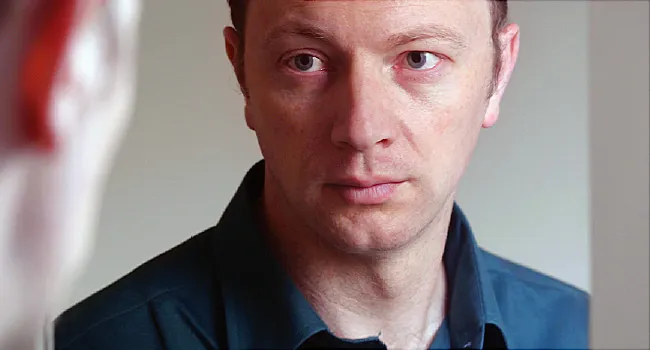A type 2 diabetes diagnosis doesn’t mean you’re a failure, but sometimes, you may feel that way. Those feelings may get stronger if you develop a complication like heart disease.
Despite decades of studies that say otherwise, many people still believe the myths that obesity is the sole cause of type 2, and that heart disease means you didn’t manage your diabetes correctly.
I should have … I wish I’d … Why didn’t I just …
Sound familiar? It’s common to wish you could go back and do things differently. But it’s best not to blame yourself. Here’s why:
Diabetes is a progressive disease. From the outside looking in, type 2 diabetes seems like something you can fully control. But even if you lose weight, eat healthy foods, exercise regularly, and monitor your blood sugar, there’s no way to guarantee your condition will stay the same.
The longer you have diabetes, the more damage high blood glucose causes to the blood vessels and nerves around your heart and throughout your body. That doesn’t mean everyone with type 2 will get heart disease, but damage to your heart is one of the paths this condition can take. And often, diabetes causes damage to your heart early on.
Genes play a role. You didn’t choose your genes; you were born with them. And some make you more prone to diabetes than others. Though diet and exercise are factors in the condition, a family history of type 2 raises your odds of having it. Ask yourself this: If your genes made you more likely to get cancer and you received a diagnosis, would you blame yourself for that?
It’s not helpful. Like everything else in life, there are things you can change and things you can’t. Focus on the ways you can take care of yourself today without letting guilt cloud your outlook.
How Feelings Factor In
Your mental health affects your physical health. No matter how much logic you throw at feelings, they tend to linger until you deal with them. Here’s a guide to help move through feelings of failure when you’re ready:
Grieve. Whether you’re adjusting to type 2 or a heart disease diagnosis, your life looks different than it did before. It’s OK to grieve the loss of life without these issues. In fact, it’s often a necessary step before you can accept your condition and move forward.
Jot it down. Take the time to notice your thoughts. When you feel guilty about your diabetes or heart disease, write down where you are, who’s around, and what’s happening. Rate it on a scale of 1 to 10. After a while, you may begin to notice a pattern you can adjust to avoid negative thoughts.
Practice positive self-talk. The way you think has a big impact on how you feel. Speak kindly to yourself when you feel guilty. Use inspirational quotes or affirmations to replace negative thoughts with positive ones.
Set (and crush) goals. It’s hard to feel like a failure when you do your best. Choose something you can accomplish, like 20 minutes of exercise every day for a week. Share your wins with others and celebrate yourself in healthy ways.
Have a plan. Have a few go-to tactics in your back pocket for when guilt — or other feelings like anger — pop up. Take a few deep breaths, walk away, or change the channel in your brain until you’re calm enough to deal with what’s in front of you. If you need extra help figuring out how to handle these moments, a health coach can talk to you about ways to get through them.
Spot depression early. Diabetes is a 24/7 job, and it’s natural to feel burned out by the time and energy it takes to keep up. If you notice any of the following, talk to your doctor:
- Appetite changes
- Loss of interest in things and people you enjoy
- Lack of energy
- Trouble focusing
- Thinking of harming yourself
Seek support. It helps to connect with others who know what life with type 2 is all about. In addition to your family, friends, and health care team, try online or in-person support groups. If you’re seeking one-on-one help, think about talking to a therapist or counselor.
